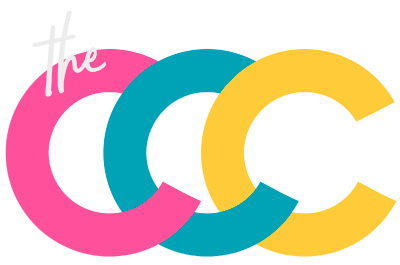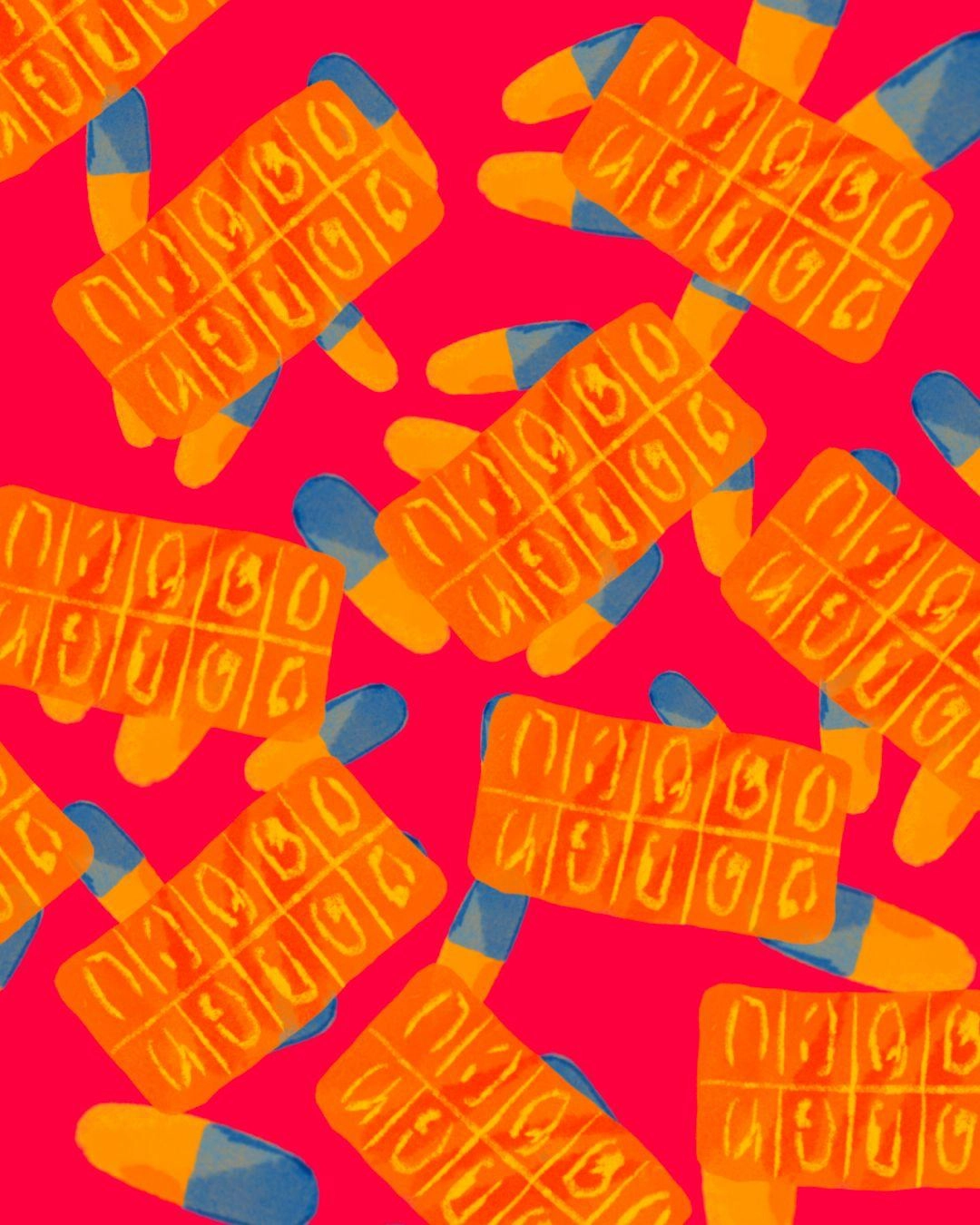”
Written byJordan Fernandez
”
Illustrated byErin Horn
An Investigation Into Study Drugs’ Potential For Abuse.
If my leg were broken, I would use crutches. If my arm were broken, I would be in a brace. If my leg were not broken, I would not use crutches. If my arm were not broken, I would not be in a brace. If I had unbelievably bad eyesight, I would get prescription glasses. If I had 20/20 vision, I would not wear my friend’s glasses. If my friend has depression and is taking antidepressants, and I am feeling sad, should I ask her to take one of her tablets?
The answer is obviously no…that is silly, that is ridiculous, those are not for you. So, if I would not wear a brace, would not use crutches if I didn’t need them, would not borrow my friend’s prescription glasses to read or would not ask for my friends’ anti-depressants… why would I take someone’s Ritalin or Concerta if I did not need it and it was not prescribed for me? Ritalin and Concerta contain an ingredient called methylphenidate, a psychostimulant, which classifies them both as a Schedule 6 drug in South Africa.
What are other examples of a Schedule 6 drug? According to the Medicine and Related Substances Act, some examples are opium, opium-poppy, poppy straw and morphine, which are used in the production of heroin and a common South African street drug called Nyaope (a combination of heroin and marijuana). This tiny pill called Ritalin has the same risks, restrictions, and legislation surrounding it as a narcotic, which we all understand to be extremely dangerous and addictive.
The way that methylphenidate works is as a dopamine reuptake inhibitor. This drug stops the brain from absorbing all the dopamine to keep it in the extra-neuronal space for longer, thus prolonging alertness and concentration. It slows down a natural process which occurs in your brain. If you think about that for a second, it is scary. This ingredient alters the way the brain works.
“So, if I would not wear a brace, would not use crutches if I didn’t need them, would not borrow my friend’s prescription glasses to read or would not ask for my friends’ anti-depressants… why would I take someone’s Ritalin or Concerta if I did not need it and it was not prescribed for me? ”
For people with Attention-Deficit Hyperactivity Disorder (ADHD), there is a lot of value in this. ADHD is a neurodevelopmental condition which creates difficulty in students’ ability to focus. Ritalin and Concerta, when used by people with this condition, enable them to focus and concentrate on the same level as we do. It is not some performance-enhancing drug to be used as a free-for-all. If you do not need it, do not use it.
The ingredients which make up these two prescription drugs are highly addictive and are prone to abuse. The labels, the warnings, the classifications, and the legalities are all there for a reason. By continuously using this drug, your body is building a tolerance, and it could become a crutch. So, when your time at university is over, you might find you still need it. What was once then a shortcut to help you study, is now a pertinent issue in your life.
This piece is directed at the ordinary student. The student who regularly indulges in buying Ritalin or Concerta that they are not prescribed. Those who use it a hunger suppressant and weight loss tool. Those who sniff it before a night out because they want to get an extra kick. Those who use it unprescribed to cope with a great academic workload. You are not just taking a pill which helps people study.
You are indulging in a drug which alters people’s brains and affects their lives. Prescribed users of Concerta would 9/10 times tell you they would prefer not to take it at all because it makes them feel void of life. If my argument that it’s illegal, dangerous, and morally wrong to misuse this drug has not quite worked. Know that taking it, diminishes the struggles that people with actual ADHD and ADD face.
“This piece is directed at the ordinary student. The student who regularly indulges in buying Ritalin or Concerta that they are not prescribed. Those who use it a hunger suppressant and weight loss tool.”
A medical study done in South Africa proved that 17,2% of students at university make use of methylphenidate, and of those, only 2,9% are diagnosed with ADHD. The disparity is shocking in itself. The side effects of this stimulant include nausea, increased anxiety, headache, increased blood pressure, shortness of breath, mood swings, blurred vision, heart palpitations, irritability, and insomnia. The dosage prescribed is according to certain factors such as weight and height. By taking a dosage required by someone else, you could be taking something that is far too strong for your body. This generation of university students has normalised handing a Ritalin to your friend in the library, buying from dealers in Academia, creating shortcuts to studying longer and using prescription drugs for fun. Yes, there is the argument that our generation normalises a lot, like over-consumption of alcohol etc. However, if that’s your only response to the entire article you’ve just read, evidently you are offended. You might want to reflect on why.
It is not normal to take Ritalin just because you can. Just like it is not normal for you to take your friend’s antidepressants. If you wouldn’t take heroin and you wouldn’t alter your brain chemistry for nothing, then you shouldn’t take Concerta without a prescription. If you wouldn’t tell your friend their ADHD doesn’t matter and you wouldn’t indulge in narcotics, then you shouldn’t take Concerta. As Dr. Seuss kind of once said, “If you wouldn’t take it in a house, and you wouldn’t take it with a mouse, and you wouldn’t take it here and you wouldn’t take it there”. Then this drug is simply not for you.





